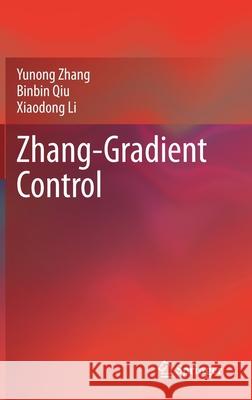Zhang-Gradient Control » książka
topmenu
Zhang-Gradient Control
ISBN-13: 9789811582561 / Angielski / Twarda / 2020 / 282 str.
Zhang-Gradient Control
ISBN-13: 9789811582561 / Angielski / Twarda / 2020 / 282 str.
cena 402,53
(netto: 383,36 VAT: 5%)
Najniższa cena z 30 dni: 385,52
(netto: 383,36 VAT: 5%)
Najniższa cena z 30 dni: 385,52
Termin realizacji zamówienia:
ok. 16-18 dni roboczych.
ok. 16-18 dni roboczych.
Darmowa dostawa!
Kategorie:
Kategorie BISAC:
Wydawca:
Springer
Język:
Angielski
ISBN-13:
9789811582561
Rok wydania:
2020
Wydanie:
2021
Ilość stron:
282
Waga:
0.63 kg
Wymiary:
23.39 x 15.6 x 1.91
Oprawa:
Twarda
Wolumenów:
01
Dodatkowe informacje:
Wydanie ilustrowane











